Jimmy Reed: The Story Of An Unlikely Blues Hero
A celebration of the oft covered blues artist by the producer of a career-spanning 3CD compilation.
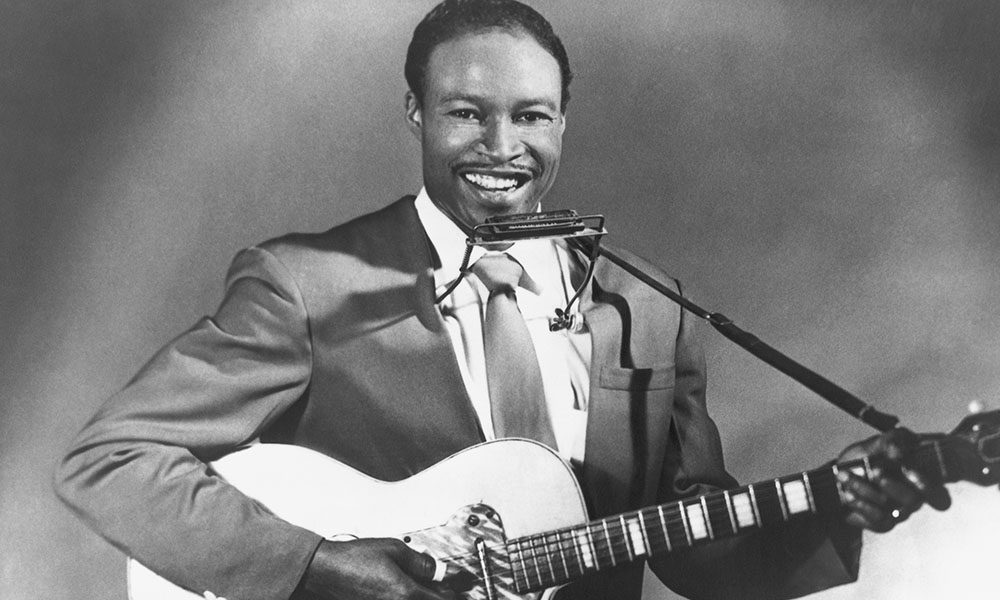
The success of Jimmy Reed is one of the most fascinating in American roots music. At first listen, his lazy vocals and squeaky harmonica solos might not seem like a sound particularly suited to mainstream taste. Yet, for the better part of a decade, in the 50s and early 60s, Reed’s songs, such as “Honest I Do” and “Baby What You Want Me to Do,” made regular appearances on both the Billboard R&B and pop charts, even cracking the Top 40 on a few occasions.
The songs have been covered innumerable times, by artists as diverse as Tina Turner, The Rolling Stones, Grateful Dead, Etta James, Neil Young, and The Righteous Brothers. BMI lists over 30 covers of “Baby What You Want Me to Do” alone, while Elvis Presley chose to sing “Big Boss Man” (one of the few Reed hits that was not from his own pen) on his 1968 television comeback special.
I first heard Reed on one of the two Top 40 stations in Phoenix, Arizona (either KRUX or KRIZ), in the early 60s. It was my first introduction to the blues, and, even at the age of 12, I was drawn to the simplicity and honesty of his sound, with absolutely no context for understanding where it came from. Apparently, so were many others. I bought my first Jimmy Reed album on 8-track tape and never stopped listening to his work.
Born Mathis (or Matcher) James Reed in Leland, Mississippi, in 1925, Reed learned the rudiments of guitar from his friend Eddie Taylor, a far more accomplished guitarist who would serve as Reed’s accompanist for much of his career. After being discharged from the US Navy in 1945, he followed the migration of many Southern African-Americans to Chicago, where he worked first in the steel industry, at Wisconsin Steel Works and the Valley Mold Iron Company, and then at the Armour Packing Company. In Chicago, Reed began taking his music seriously, hitting upon the idea of playing guitar and harmonica simultaneously, and fashioning a harmonica holder from a coat hanger.
After auditioning for Chess Records, where he was turned down, he tried his luck with Vivian Carter, a DJ and record store owner who was just getting the Vee Jay label off the ground, in partnership with her husband, Jimmy Bracken (the “V” and “J” in the label name). They initially licensed his first record, “High And Lonesome,” to the Chance label, believing the slightly larger company’s resources would ensure a hit, but nothing much happened. However, his third single for Vee Jay, “You Don’t Have to Go,” released in 1953, reached No.5 on the Billboard R&B chart, and Reed’s recording career was off on a roll.
His sound changed little throughout his career, but it was a formula that worked. Like many great blues artists – think of Elmore James or Muddy Waters – there could be no mistake that one was listening to Jimmy Reed, with the gentle force of his personality, his “lump-de-lump” rhythm, and his high harmonica sound creating an indelible impression. He also had the advantage of recording with the legendary engineer Bill Putnam at Chicago’s Universal Recording Corporation. Putnam was a pioneer in developing reverb and echo effects that he used to subtle advantage on Reed’s records, and his drum sounds – especially Earl Phillips’ snare – are breathtaking even today.
None of that explains Reed’s success, because the heart of each of his records is the song. Written by Reed and his wife, Mary “Mama” Reed, each composition is a small vignette about love and life, and the best of them have lyrical hooks that stick and stay. While many blues songs are built around macho posturing, there’s almost none of that in Reed, and songs such as “Little Rain” achieve a level of poetry, with every word perfectly and economically placed.
Many of the songs seem to be built around phrases that arose in natural conversation between the couple, who had the wisdom to recognize them and write them down. Mary would sit beside Jimmy in the studio when he recorded, coaching him on the words they had written. Their legacy is a body of songs that may be rivaled only by Percy Mayfield, Willie Dixon, and Doc Pomus in the blues. He and Mary had a rare gift.
Jimmy Reed did not have an easy life. He was plagued by epileptic seizures, for which he did not receive proper treatment, and he was an alcoholic. It is likely that the two maladies aggravated one another. In fact, some people who attended his shows might have seen him as a naïve folk artist who drunkenly stumbled his way through his performances. Yet, there is an acute musical intelligence behind Reed’s laconic presence. When he released an album of blues cover songs on Vee Jay (an idea that at first seems absurd), he clearly had learned and practiced the songs, making all the changes and lyrical twists while transforming them into pure Jimmy Reed. Despite all of the obstacles stacked against him, by the mid-70s he was sober and ready to embark on a new phase of his career, but he died of a grand mal seizure after a gig on August 29, 1976.
Producing the 3CD Jimmy Reed collection, Mr Luck: The Complete Vee Jay Singles, on Craft Recordings, was a dream come true for me. When the company acquired the Vee Jay catalogue, I immediately hoped that we could finally do right by Jimmy Reed, and I think we did. Many reels of master tapes came along with the purchase. However, when a cache of Vee Jay masters was discovered behind a false wall in a Chicago-area storage unit, Sig Sigworth and Mason Williams of Craft Recordings found that many of the reels were first-generation masters, complete with dialog between Bill Putman and Jimmy Reed. You’ll hear a snippet of their conversation in the new set. With few exceptions, the recordings on this collection are from the best possible sources, and, with Paul Blakemore’s mastering, they’ve never sounded better.
I encourage you to give Jimmy Reed a listen – or a new listen, if you’ve been a fan all along. It’s a remarkable body of work by a true American original.


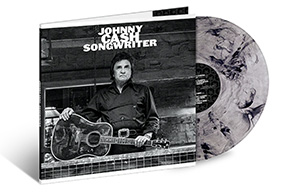
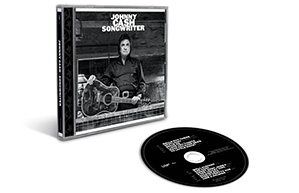




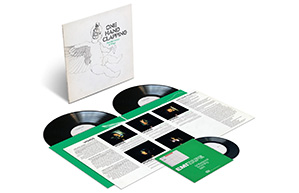
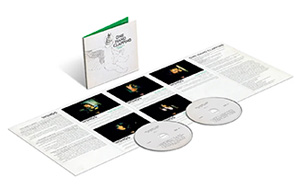
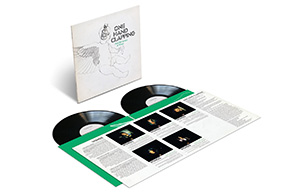
George Glasser
March 30, 2018 at 11:48 am
Great article about Reed – exactly my sentiments.
I’ve been shuffling along with Jimmy since 1957 and never get bored.
Jimmy feels like an old friend I just feel comfortable being around.
Michael J Mireles
November 15, 2018 at 10:54 pm
Great piece on Jimmy Reed. My all time Favorite Bluesman. I have been A Jimmy Reed Collector since I was 12. (40 years) Thank You for doing this Article.
Michael Robinson
May 2, 2019 at 6:11 am
Thanks for this excellent appreciation and especially for highlighting what you rightly call Jimmy Reed’s acute musical intelligence – it’s too often overlooked, and it’s a large part of what keeps his recordings repeatedly listenable.
Cantgive Myname
January 23, 2022 at 12:00 am
Fantastic! Glad you wrote it
Bob
March 16, 2024 at 11:26 am
As a white boy of 12 I bought a Sears Silvertone guitar and the 5 bar boogie blues in E was one of the 1st things learned from listening to Jimmy Reed. It must have been 1956. By 1962 my buddies and I had a little Band any always played some “Jimmy Reed” at our gigs.